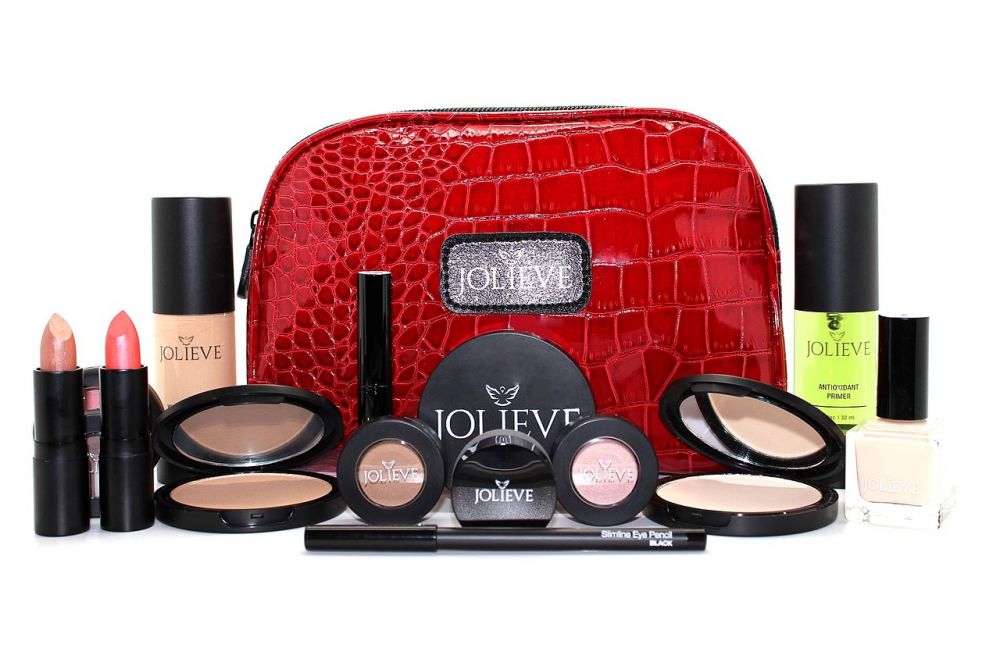Aging is a natural process that affects everyone, and as we grow older, the signs of aging start to appear on our skin

This has led to an increased interest in anti-age creams that claim to work wonders in reversing the signs of aging. In this article, we will provide an in-depth overview of anti-age creams that actually work, exploring what they are, the different types available, the popular ones in the market, and quantitative measurements to gauge their effectiveness. Additionally, we will discuss how these creams differ from one another and provide a historical overview of the pros and cons associated with using various anti-age creams.
1. An Overview of Anti-Age Creams
Anti-age creams are skincare products specifically formulated to address signs of aging such as fine lines, wrinkles, and dullness. They are designed to nourish the skin, boost collagen production, and restore its youthful appearance. These creams often contain ingredients like retinol, hyaluronic acid, peptides, and antioxidants that work together to improve the skin’s texture and elasticity.
2. Types of Anti-Age Creams

There are several types of anti-age creams available in the market, each catering to specific skincare needs. Some popular types include:
– Retinol Creams: Retinol, a derivative of vitamin A, is known for its ability to stimulate collagen production and reduce the appearance of wrinkles.
– Hyaluronic Acid Creams: Hyaluronic acid is a powerful hydrating ingredient that plumps the skin, making it look smoother and more youthful.
– Peptide Creams: Peptides stimulate collagen production and promote skin firmness, reducing the appearance of wrinkles over time.
– Anti-Oxidant Creams: These creams contain ingredients like vitamin C, green tea extract, and resveratrol, which protect the skin from free radicals and environmental damage.
3. Quantitative Measurements of Effectiveness
To measure the effectiveness of anti-age creams, various methods can be employed. These include:
– Clinical Studies: Scientific studies involving a significant sample size can assess the efficacy of a specific anti-age cream by measuring changes in wrinkles, skin elasticity, and hydration levels.
– Consumer Surveys: Surveys and reviews collected from consumers who have used anti-age creams can provide insights into their overall satisfaction levels and perceived effectiveness.
– Dermatologist Recommendations: Expert opinions from dermatologists and skincare professionals can offer valuable insights into the effectiveness and suitability of different anti-age creams for different skin types.
4. Differences between Anti-Age Creams
While all anti-age creams aim to combat signs of aging, there are notable differences between them. These differences can include variations in ingredients, concentration levels, formulations, and targeted skin concerns. Some creams may focus on wrinkle reduction, while others prioritize hydration or skin firmness. It is crucial to choose an anti-age cream that suits individual skincare needs and concerns.
5. Historical Overview of Pros and Cons
Over the years, the perception of anti-age creams has evolved, along with advancements in skincare science. Earlier versions of these creams often contained harsh chemicals or had limited efficacy. However, modern formulations have come a long way, offering improved ingredients, better absorption, and visible results. Some potential drawbacks include skin sensitivity, the need for long-term use to maintain results, and the cost associated with high-quality products.
[INSERT VIDEO HERE]
In conclusion, anti-age creams that actually work can be a valuable addition to anyone’s skincare routine. With the right ingredients, formulation, and consistency, these creams can help reduce the visible signs of aging, improve skin texture, and restore a youthful glow. However, it is crucial to choose the right product based on individual needs, consult with skincare professionals, and set realistic expectations. Remember, aging is a natural process, and while anti-age creams can help, embracing self-acceptance and a healthy lifestyle are equally important in maintaining overall skin health.





















